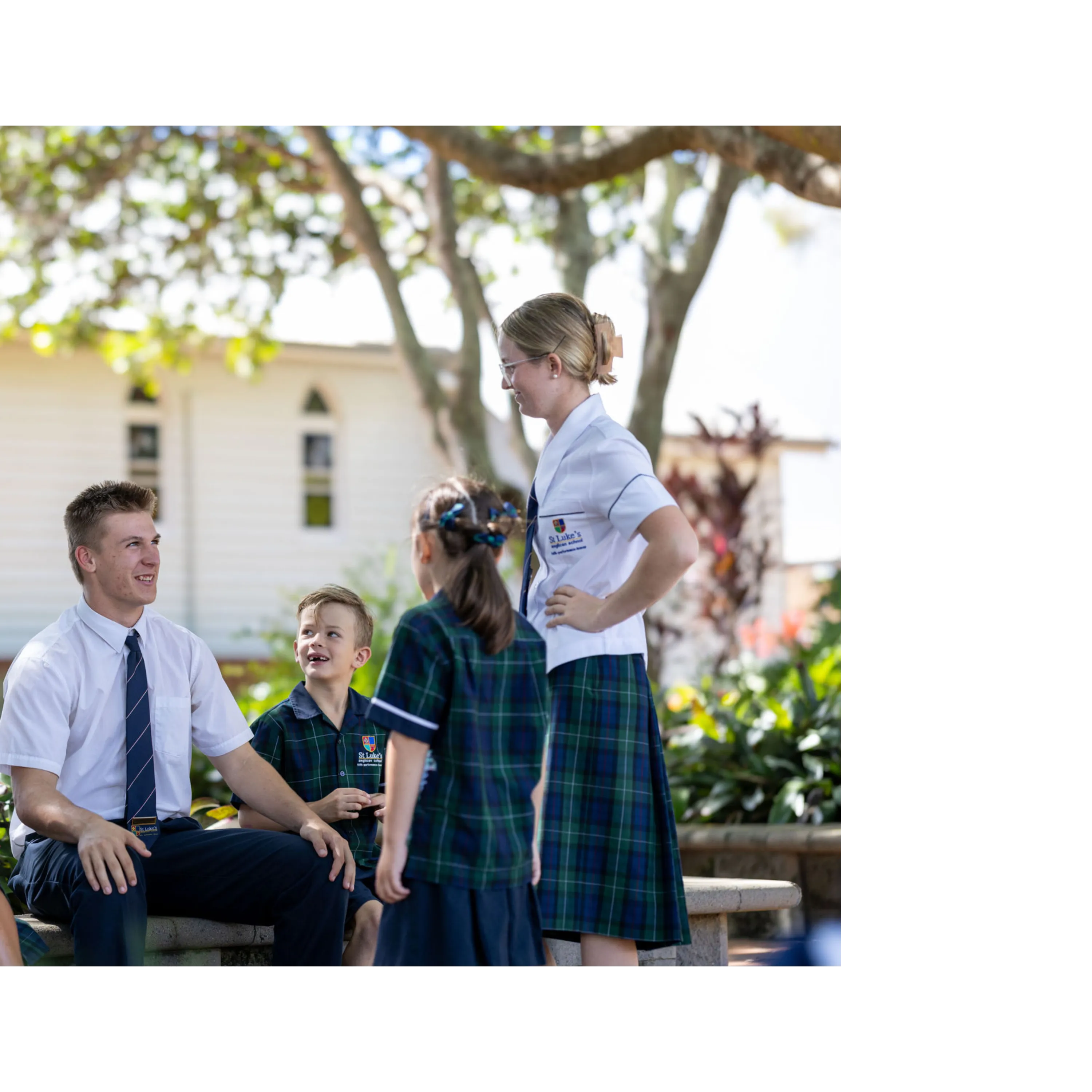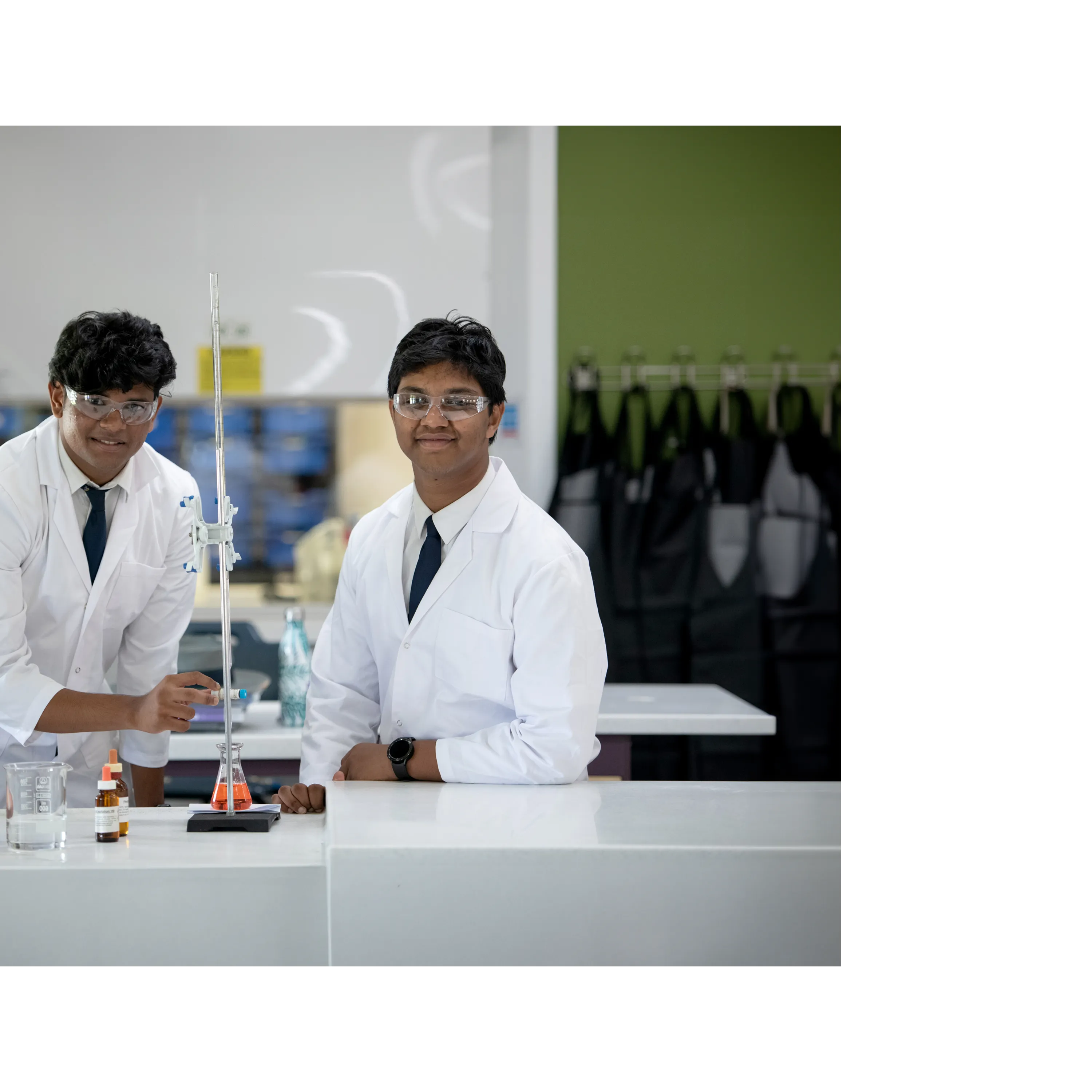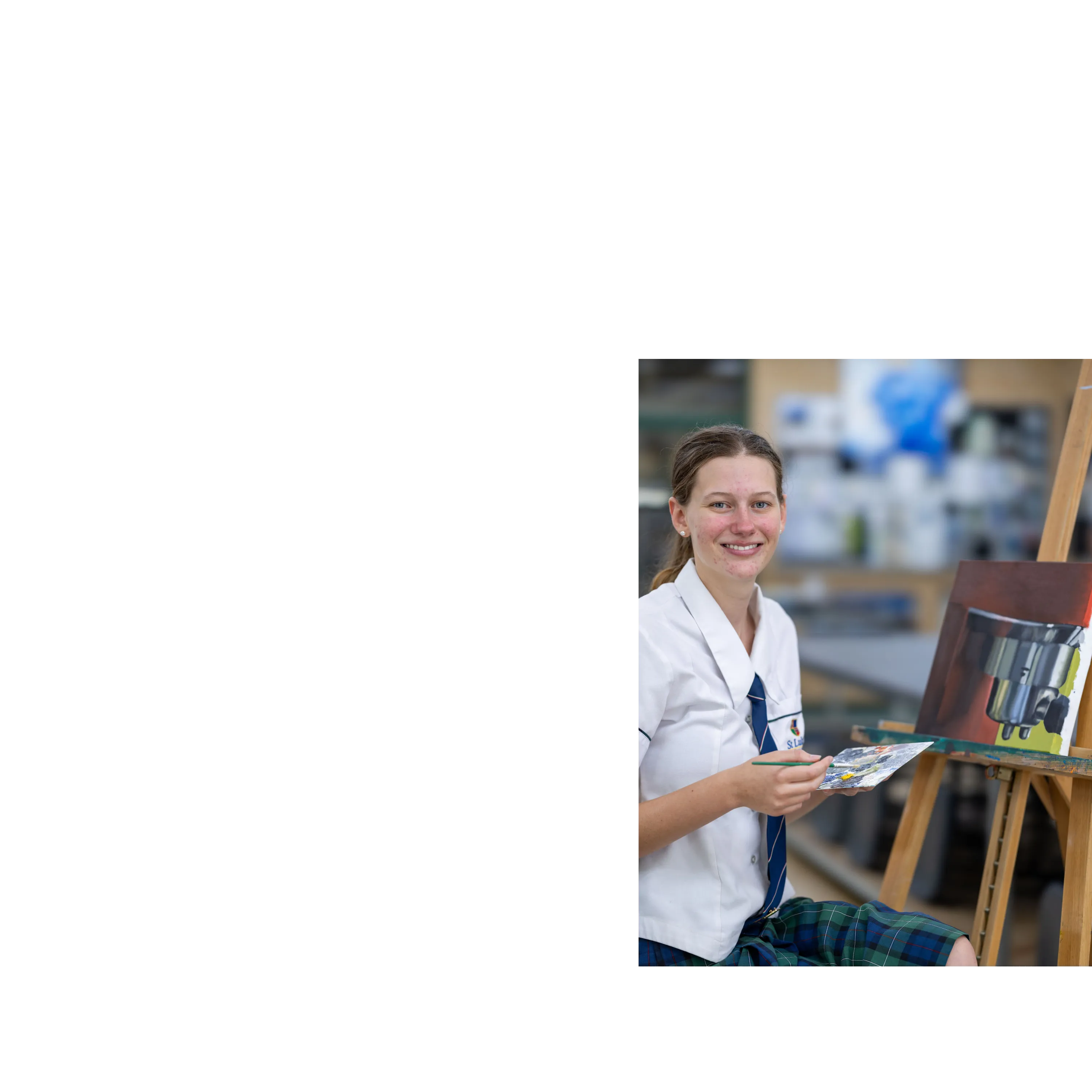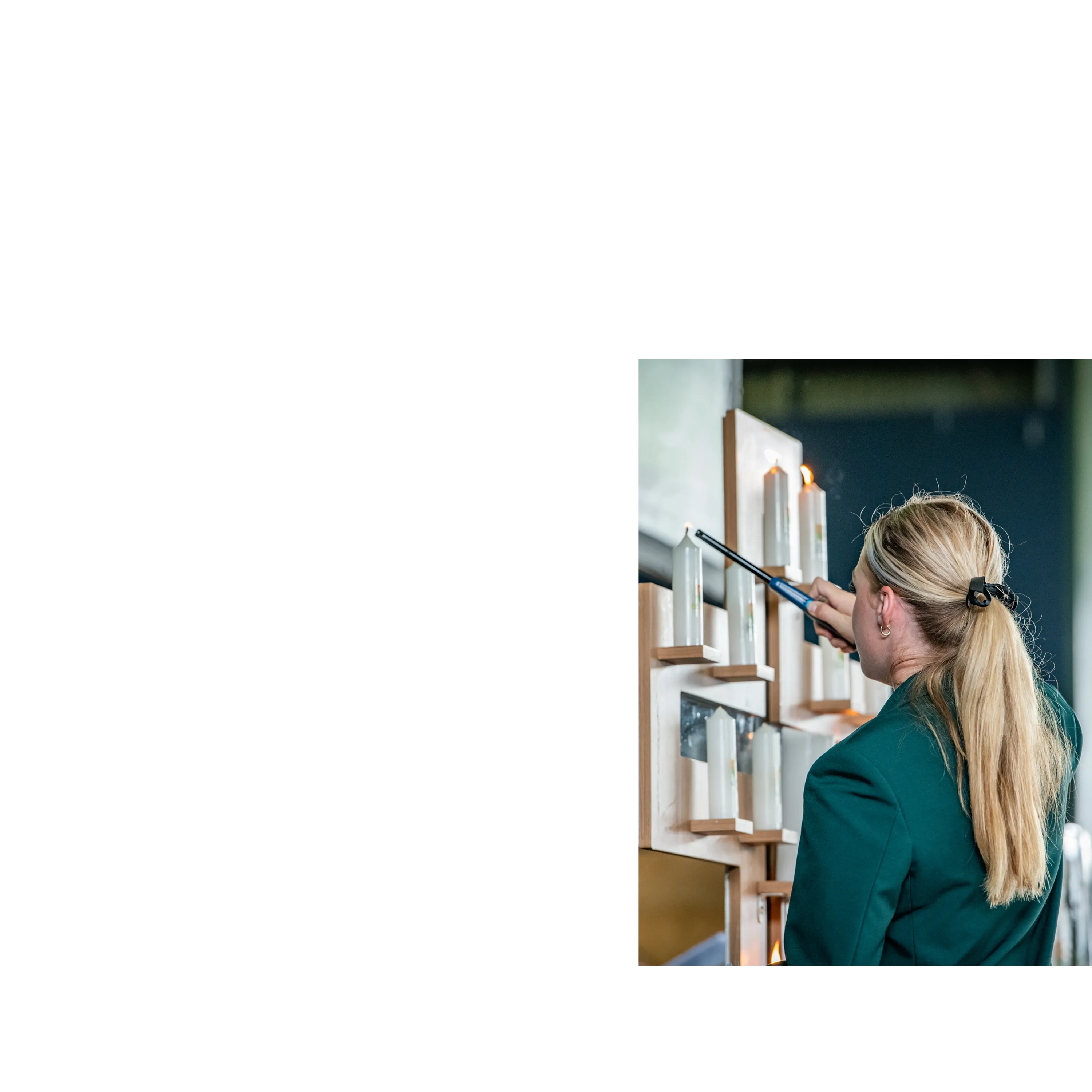As students enter into their pre-adult years, they begin to demonstrate bursts in intellectual growth, personal choice, independence, self-determination and leadership. It is in the Senior School that we approach education with subject offerings, engaging content, extra-curricular activities and tailored support, with a clear view to nurturing and encouraging the development of these traits in our students. At the end of their education, a St Luke's graduate will be prepared academically, emotionally and personally for the demands of the 21st Century.


St Luke's Senior School is the final stage in our students' formal schooling before they move onto tertiary education or into the wider world. The curriculum and structures of our Senior School are particularly appropriate for our young, emerging men and women so they can achieve success and embrace their future.
St Luke’s Anglican School prides itself on the care and concern it shows for individual students and their families. Because the Senior School is a relatively small cohort, and the class sizes are kept small, teachers have the opportunity to tailor their time and expertise to each student through individual attention.
All students in the Senior School will undertake a course of literacy and numeracy at a level which they can master. These courses are developed in conjunction with the Queensland Curriculum Authority (QCAA), and utilise the Australian Curriculum, as overseen by the Australian Curriculum, Assessment and Reporting Authority (ACARA). St Luke’s also prides itself on providing a broad range of diverse Senior elective subjects, aimed at catering for all students' interests and abilities, and enabling them to pursue their passions and plot their course for the future.
For more information regarding our Senior School, download our Senior School Handbook from the button link below.


Throughout Year 10, students will study the following subjects:
English
Humanities
Mathematics
Science
Ethics and Faith
Throughout Year 10, students may choose to study the following subjects:
Art
Business Enterprise
Design Technology
Digital Technology
Drama
Engineering Technology
Health and Physical Education
Hospitality
Japanese
Multi Media Arts
Music
In Years 11 and 12 at St Luke's, students will learn the following core subjects, and may choose between two English subjects and three Mathematics subjects:
English Literature or Essential English
General Mathematics, Mathematical Methods or Essential Mathematics
Ethics and Faith
In Years 11 and 12, St Luke's senior students may choose from the following elective subjects:
Accounting
Ancient History
Biology
Chemistry
Design
Digital Solutions
Drama
Economics
English and Literature Extension
Geography
Hospitality Practices
Industrial Technologies
Japanese
Legal Studies
Media Arts in Practice
Modern History
Music
Music Extension
Physical Education
Physics
Psychology
Specialist Mathematics
Visual Arts


Student leadership in Senior School provides opportunities, considered vital in the development of self-esteem, emotional growth and confidence, for students at St Luke’s Anglican School. St Luke's students have many opportunities to develop responsible behaviour during their time at the School by undertaking any of the following formal leadership positions:

“St Luke's provides a school environment that educates and nurtures my children in a way that they can achieve their maximum potential and go on to adult life with opportunities."
St Luke's Senior School is the final stage in our students' formal schooling before they move onto tertiary education or into the wider world. It is important, then, that the curriculum and structures of our Senior School are particularly appropriate for our young, emerging men and women so they can achieve success and embrace their future.
© 2024 St Luke's Anglican School. All Rights Reserved.
ABN 11 262 640 922 CRICOS No. 01317D